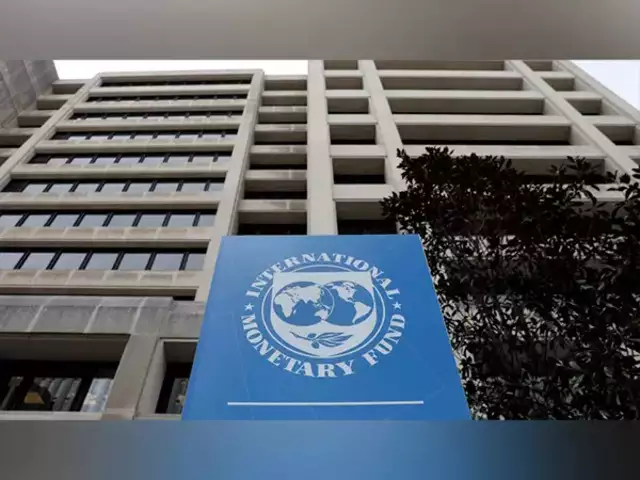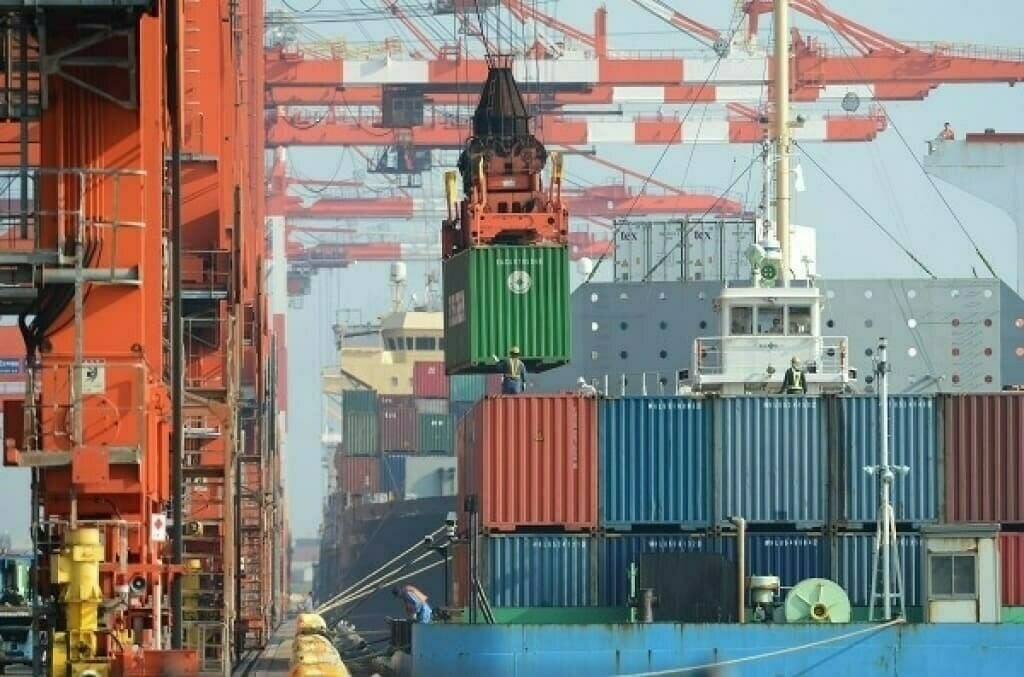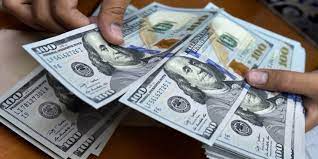PTBP Web Desk
World Economic Forum (WEF) Annual Meeting in Davos, Pakistan’s Minister of Finance, Muhammad Aurangzeb, took part in a significant session of the Informal Gathering of World Economic Leaders (IGWEL). Titled “Viable Growth in a Volatile Era,” the discussion was one of WEF’s most exclusive and high-level off-the-record dialogues, aimed at addressing the complexities of global economic stability and growth.
IGWEL sessions are not just meetings; they are strategic dialogues where the world’s leading minds in policy, business, and academia converge. This particular session was attended by luminaries such as Samir Abdelhafidh from Tunisia, Faisal Alibrahim and Mohammed Al-Jadaan from Saudi Arabia, and Abdulla Bin Touq Al Marri from the UAE. These gatherings are essential for fostering international cooperation and discussing actionable strategies for economic development.
Navigating Economic Volatility
The core theme of the session was to delineate strategies for achieving sustainable and inclusive growth in an era marked by economic turbulence. With global markets facing challenges like inflation spikes, supply chain disruptions, and geopolitical tensions, the need for robust economic policies has never been more acute.
Focus on Sustainable Growth
Aurangzeb and his counterparts explored various dimensions of economic policy that could lead to viable growth. Discussions likely revolved around:
Fiscal Policies: How can countries balance their budgets while investing in growth? What are the effective ways to reduce national debt without stifling economic activity?
Monetary Strategies: In an environment of fluctuating interest rates, how should central banks respond to ensure both economic growth and price stability?
Inclusive Growth: Strategies were debated to ensure that economic benefits are distributed equitably across all societal layers, reducing income inequality and promoting social stability.
Sustainability: With climate change posing both risks and opportunities, the integration of green technologies and policies into economic planning was a key focus.
Pakistan’s Economic Agenda
For Pakistan, this session was an opportunity to present and refine its economic strategy on an international stage. Aurangzeb would have highlighted initiatives aimed at stabilizing Pakistan’s economy, which has been facing challenges with external debt and internal economic reforms. His participation signifies Pakistan’s intent to align its economic policies with global best practices, learning from and contributing to the global discourse.
Global Collaboration for Local Impact
The IGWEL session emphasized the interconnectedness of global economies. The discussions would have underlined the importance of international cooperation in achieving economic goals. For instance, partnerships in technology transfer, investment in infrastructure, and mutual trade agreements were likely discussed as mechanisms to foster growth.
Reflections and Future Directions
While the details of these off-the-record talks remain confidential, the attendance of key figures from diverse regions suggests a broad consensus on the need for innovative approaches to economic challenges. The takeaways from such sessions often translate into policy changes, investment decisions, or international collaborations that can have long-term impacts on national and global economies.




